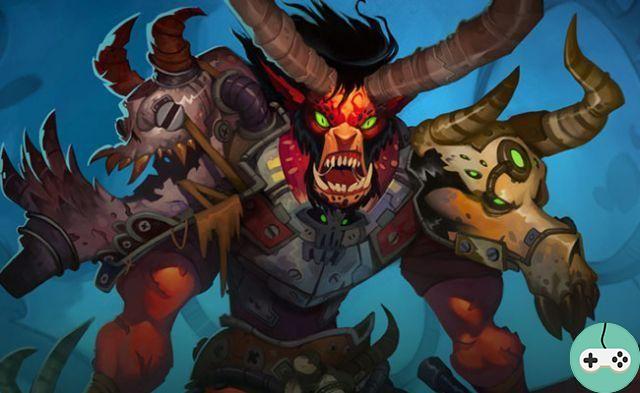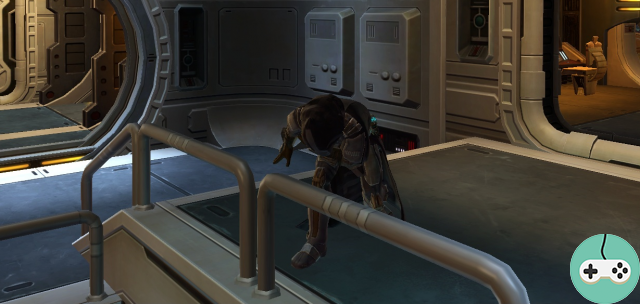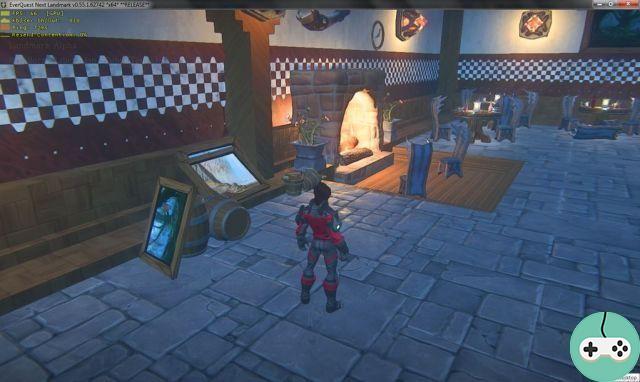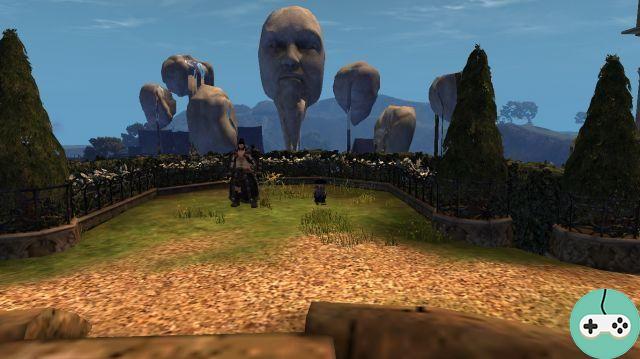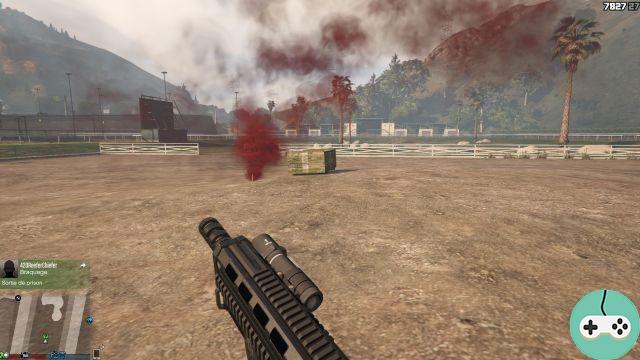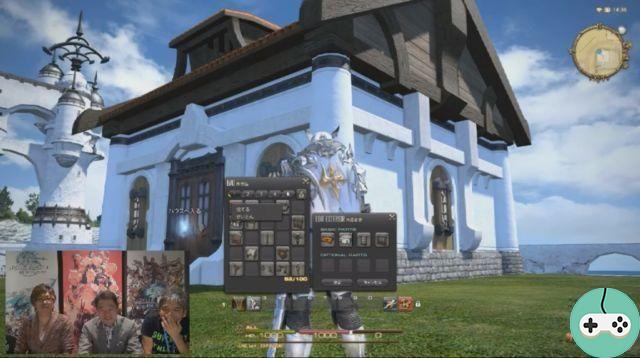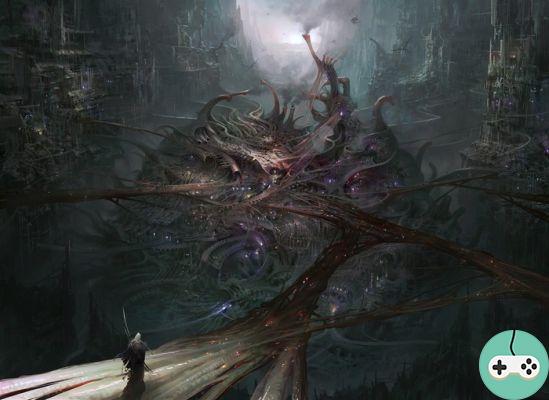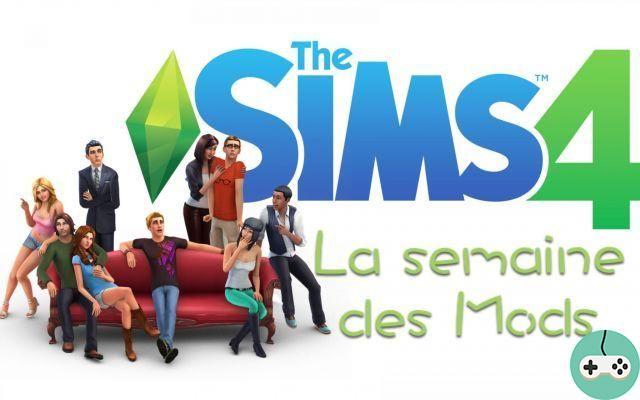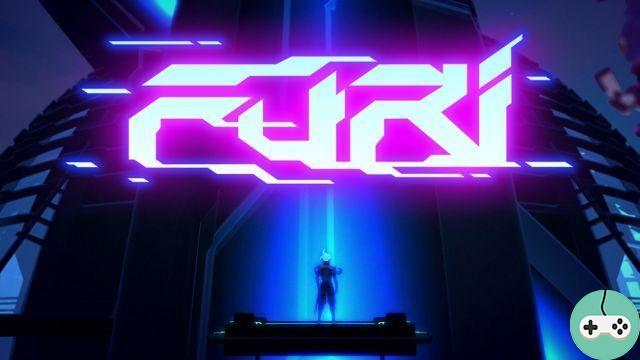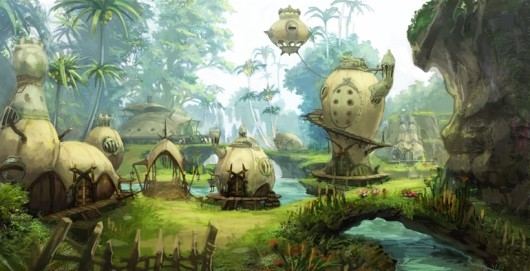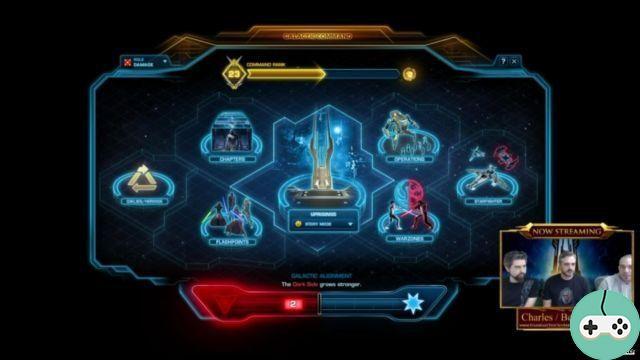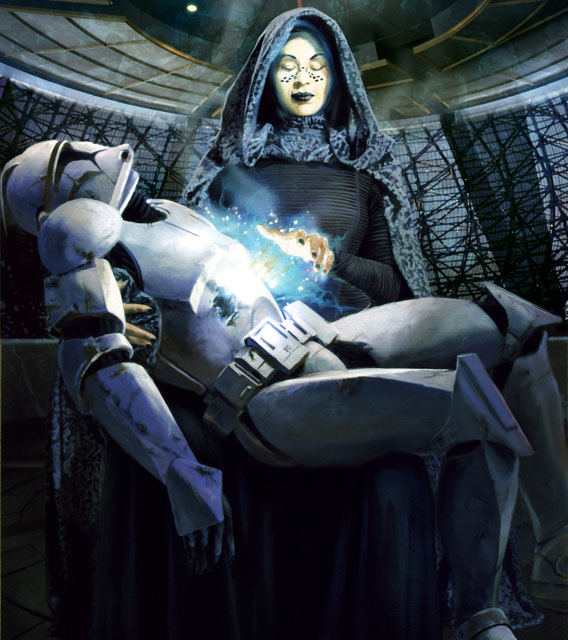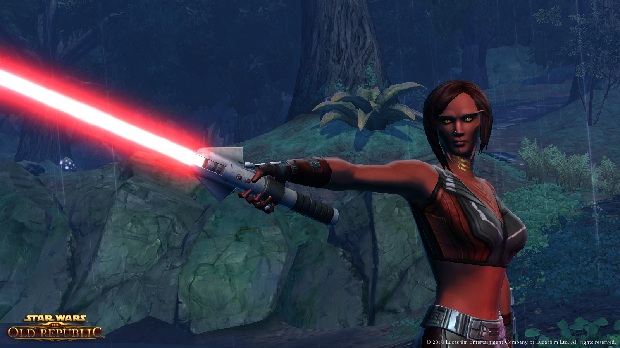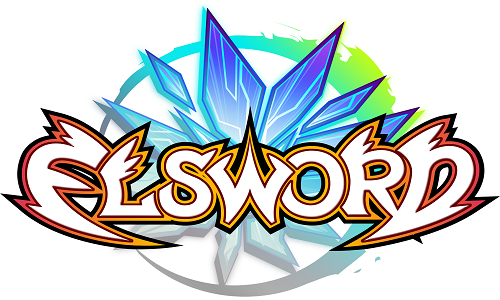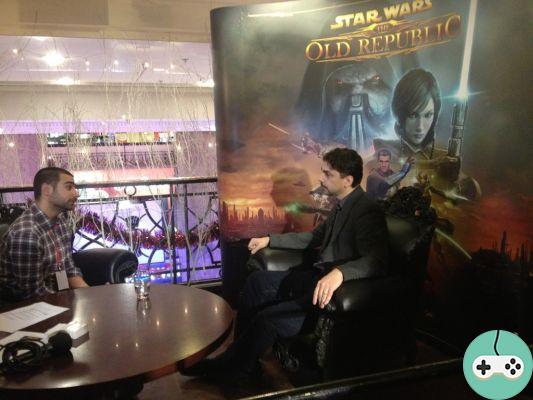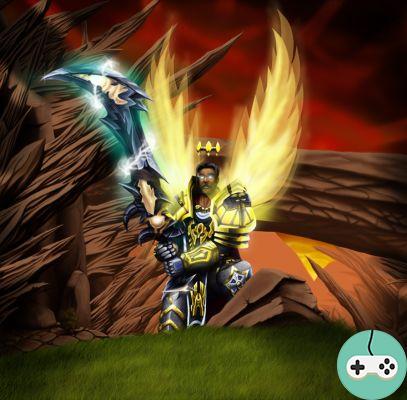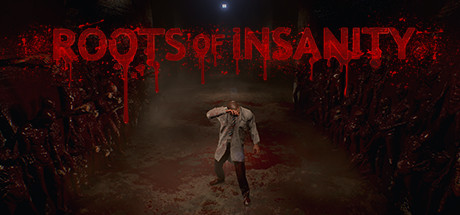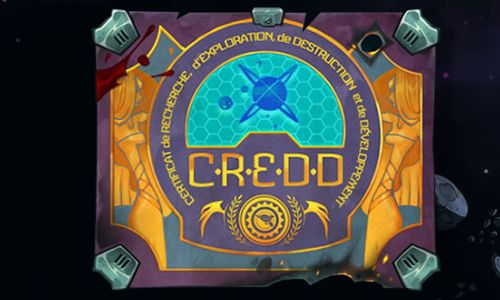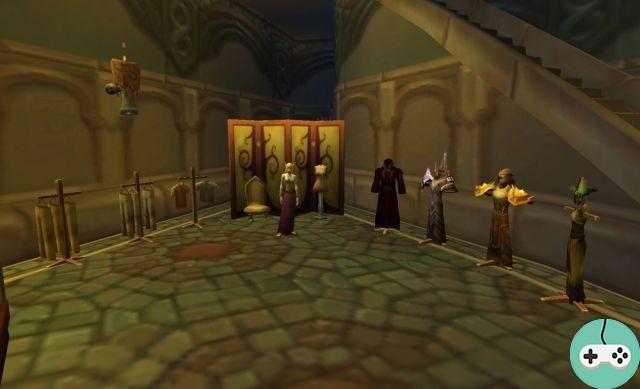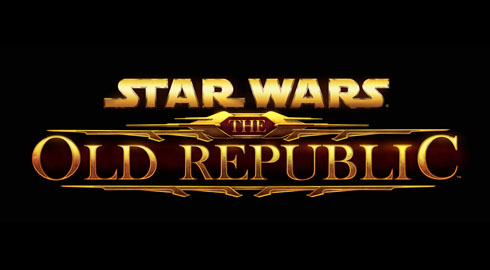
Some time ago, Onidra had encouraged me to write an "article" on the history and the turnarounds known by SWTOR, and, given the last announcements to date, it seemed to me appropriate to do today ' hui a point of stage. If only to (re) discover highlights, take a break and take the necessary distance to digest the quantity of statements or figures that have punctuated the "short" life of this young MMORPG.
As you already know, Bioware announced that Star Wars: The Old Republic was being added, in addition to the existing subscription model, a free-to-play "option"; even though the last Electronic Arts Financial Earning Calls told us that the number of subscribers had fallen "below the million mark at the end of July 2012 - but more than 500 -".
Just 8 months after its official launch, this announcement made by Bioware, and which did not necessarily surprise the community, will be remembered because - very few MMOs have experienced such a rapid turnaround from a strategy point of view. marketing.
It therefore becomes interesting to review the path and history of SWTOR's development. Indeed, on re-reading past events, it becomes clear that the co-founders and members of Bioware, Messrs. Ray Muzyka and Greg Zeschuk were constantly confronted with the question of making their SWTOR game totally free-to-play, even though the outlook at the time was not so "gloomy". However, competitors, analysts and partners had long sounded the alarm bells by stipulating that Bioware could not, for SWTOR, not support the weight of a subscription business model from its launch. .
Let us take the time to come back to the "official" speeches made in recent years by the founders of Bioware and promoters of the SWTOR project, as well as those of analysts or competitors and (re) discover how we arrived at this state of affairs. ...
18 March 2010 : With reference to Warhammer Online, Muzyka and Zeschuk establish a causal relationship between the addition of a limited free-to-play model and the increase in the number of players for this MMORPG. Muzyka's comments on this subject: "We've tried some free-to-play models for some of the earlier levels, and I think that's actually drawing people back in. We have new content planned and all kinds of cool expansions for it . " (Source: UGO)
[VF: we tested free-to-play models for the starting levels and I think that got people back. We have new content planned and a lot of interesting developments for this one.]
May 11, 2010 : In an interview with VideoGamer.com, Zeschuk acknowledges that MMORPG projects using the "free-to-pay" model will dominate the market in the future, but doubts that this model completely eclipses the subscription business model. More importantly, the latter gives some clues that frequent game updates can be a source of "long-term profits". "You can't offer a subscription on something that's exactly the same as a free to play game. The expectation is that for subscription it will be deeper and have other longer-term benefits that perhaps wouldn't be as significant in a free- to-play game. Or maybe the free-to-play game will offer the exact same thing, but it's going to cost you the exact same thing anyway [via micro-transactions] - the price is the price is the price, no matter how much you dress it up. " (Source: VideoGamer.com)
[VF: You cannot offer a subscription for something identical to a free-to-play game. The requirement will be that for a subscription it will mean being richer and having long term benefits that would likely be missing from a free-to-play game. Or the free-to-play game will offer the exact same thing, but cost you the exact same price [via micro-transactions] - the price stays the price, no matter how you present it.]
12 October 2010 : one of the first signs of turbulence. A blogger, claiming to be a former employee, claims that SWTOR costs $ 300 million to be created (later officially disproved by EA). His post received special attention and quickly spread on the net, especially because this person claimed that "[The] Old Republic will be one of the greatest failures in the history of MMOs from EA. Probably at the level of the Sims Online. We all know it too. " (Source: EA Louse)
[VF: SWTOR will be one of the biggest failures in the history of MMOs for EA. Probably the level of Sims Online. We all know it.]
November 5, 2010 : peu de temps après le tumulte créé par le blog de EA Louse, Heiko Hubertz (CEO de Bigpoint Games) averti les participants de la "London Games Conference" que Star Wars: The Old Republic ne sera jamais rentable. Ce-dernier indique : "If you look at Star Wars from EA and BioWare, they estimated a development budget of over $100m,". "This is an online game for many million of subscribers, so the publisher does not understand that a subscription model is not the future. With micro-transactions maybe I see the game having a chance but I don't think that EA or BioWare will ever be profitable with this game." (Source: MCV)
[VF: If you watch EA / Bioware's Star Wars, they've estimated the development budget to be over $ 100 million. It's an online game for millions of subscribers, so the publisher doesn't understand that the subscription model isn't the future. With micro-transactions maybe I can see a chance but I don't think EA or Bioware will make a profit with this game.]
24 Janvier 2011 : Mike Hickey, financial analyst at Janco Partners, informs the Gamasutra site that investors are worried about the success of SWTOR. "We believe many investors are betting against SWTOR achieving market success, provided the company's and industry's track record at releasing successful new MMOs."
[VF: We think a lot of investors are betting against SWTOR's success in the marketplace, as long as the company and the industry have a good track record in MMOs.]
Ses raisons incluent "a suspected subscription pricing model versus a market that is quickly transitioning to free to play, generally modest previews of the game and elevated development expense and suspected aggressive royalty to LucasArts." (Source: Gamasutra)
[VF: The presumption of a subscription model for a market in full transition to free-to-play, generally modest previews of the game and high development expenses and supposed copyright important to LucasArts. ]
19 September 2011 : Dans un éditorial diffusé très largement, John Smedley, le Président de Sony Online Entertainment exprime ses doutes sur la survie des MMORPGs ayant un modèle économique traditionnel par abonnement. Précisant même que SWTOR va "going to be the last large scale MMO to use the traditional subscription business model. Why do I think that? Simply put, the world is moving on from this model and over time people aren't going to accept this method. I'm sure I'm going to hear a lot about this statement. But I am positive I'm right." (Source: GamesIndustry.biz)
[VF: will become the last largest MMO to use the traditional subscription business model. Why am I thinking this? Simple fact, the world is changing and moving away from this model and people are not going to accept this method. I am sure to hear a lot about this statement. But I am affirmative, I am right.]
27 September 2011 : When asked whether subscription-based MMORPGs such as World of Warcraft (which was starting to lose subscribers) were threatened by the free-to-play business model, Zeschuk said replied: "The trend for free-to-play doesn't supplant great top quality premium games that support a subscription."
[VF: The trend for free-to-play cannot supplant high-quality games that have a subscription model.]
Et Muzyka d'ajouter que SWTOR n'était pas formaté pour le modèle free-to-play : "We do believe in the play for free model too, like Wrath of Heroes we've announced, and that's awesome fun, it's really cool. And that's an example of a really fun accessible 15 minute, pick up and play fast game. That fits a classic model of the play for free experience. And The Old Republic is on the other end of the spectrum, equally high quality but in a very different way. We believe in both business models, and we're doing social games as well, so we have a pretty diverse portfolio for Bioware now as a label, and obviously within EA as a larger company too."
Zeschuk avait également annoncé des mises à jour de contenu du jeu après son lancement pour satisfaire les joueurs : "Like Ray said it's ultimately driven by [the players], finding what they like the most. We may have plans right now but after we've launched for a few months we might go "whoah, we never expected that this would be so popular, we'll make more of these and less of these." (Source: GamesIndustry.biz)
[VF: As Ray said, at the end of the day everything is driven by the players, looking to find what they like the most. We may already have plans but after the game has gone on for a few months we might say "whoah, we never expected it to be so popular, we'll do more of that and less of that"]
November 30, 2011: Regarding SWTOR, we learn that LucasArts monopolizes 35% of the profits of the publisher EA. (Source: swtorstrategies.com)
20 December 2011 : Greg Zeschuk defends the subscription model Bioware project in an interview with Kotaku about the SWTOR release date, while stating that: "Free-to-play works best when a game is built that way from the ground up. "
[VF: Free-to-play works best when a game is built this way from the start.]
Et, quand on lui pose la question de savoir si BioWare suivra le chemin tracé par DC Universe Online, Zeschuk repond: "We're not saying never ever, but we certainly have no plans like that in the foreseeable future. We're going to support the game to make it better and better as it goes on. It's going to be worth showing up for."
[VF: we don't say never, but we don't have any such plans in the near future. We will support the game to make it always better during its lifetime. It will be worth the cost of following.]
L'idée de Zeschuk pour soutenir son " premium projects" tourne autour des mises à jour de contenu : "We're launching with 19 huge worlds, and hours and hours of story and content to explore. And we're going to be adding to that for months to come."(Source: Kotaku)
[VF: We're going to start off with 19 very large worlds and hours and hours of history and content to explore. And we'll add more in the coming months.]
28 December 2011 : Barely a week after the official launch of Star Wars: The Old Republic, Muzyka and Zeschuk defend the subscription model of their game in an interview with Joystiq. Zeschuk still supports the subscription model by giving hints about game content that only a studio like Bioware can achieve: "I'm not saying it's better or worse. It just doesn't supplant the other things. 'Cause we can do some things no one else can. The free-to-play people can't invest to the level we can invest, and can't create something of the size and scale of something we can create. "
[VF: I'm not saying it's better or worse. It doesn't override other things. Because we can do what no one else can. Free-to-play people cannot invest, or create something of the size and scale of what we can create.]
Et encore, Muzyka de faire des allusions que Bioware n'est pas opposé à utiliser le modèle free-to-play ailleurs : "We have some other stuff we haven't announced yet coming from our play-for-free team that I'm really excited about. It's gonna bring back some IP that people have a lot of fond memories around." (Source: Joystiq)
[VF: We have some other stuff that we haven't talked about yet that comes from our free-to-play team that I'm really excited about. It will bring out some intellectual properties for people with fond memories.]
January 3, 2012: Sales of the SWTOR game are down in England after only a fortnight on the market. The Chart-Track site shows a drop of 18 places in the top sales. SWTOR drops from 10th to 28th place. (Source: MMOCrunch.com)
January 14, 2012: launch of Patch 1.1.0 "Rise oh the Rakghouls"
January 19, 2012: we learn that EA shares are down 3%. Financial analyst Todd Mitchell writes on this subject that he feels some "creeping concerns" with regard to the performance of The Old Republic and that sales are not living up to expectations (Source: MarketWatch.com).
January 21, 2012: the Los Angeles Times newspaper announces exactly how much the development of SWTOR has cost the firm EA: $ 200 million. And the very serious economic and financial site Marketwatch confirms the good sales results of the game since its release.
Additionally, another analyst states that 2 million copies of the game have been sold to date, with a prediction of captive players ranging from 75% to 90% (understand who will stick around after the free month).
23 Janvier 2012 : après la sortie du Patch 1.1, James Ohlen, le Game Director, examine l'ampleur du changement vers les modèles free-to-play affectant les MMO et comment cela peut affecter le développement de SWTOR : "It didn't really impact us. We felt, and we still feel, that there is a place for subscription-based games and if you're going to build a subscription-based game it's got to be huge in scope. People have to feel that it's worth paying a subscription fee every month, so the scope of the game has to be much bigger than the free-to-play games. The quality, the polish has to be very, very high, and then you need to have a plan to continue to deliver free content on a regular basis. If you do those things, I think you can succeed as a subscription-based game. Obviously, there can only be a few subscription-based games. There is a limited MMO audience and not a ton of that audience is playing more than one MMO, but I still think there's room for more than just one really successful online game. I think Star Wars: The Old Republic can coexist with World of Warcraft and other successful games like Rift. You can have multiple MMOs with a subscription being successful as long as those games fulfill the requirements of high quality, good polish, lots of content, and continuing to do high value updates on a regular basis." (Source: IGN.com)
[VF: It doesn't really affect us. We have felt, and we still feel, that there is a place for subscription based games and if you want to build a subscription based game it has to take a big place in the field of study. People must feel that it is better to pay a monthly subscription, so this field of study must be more important than for free-to-play games. The quality, the tweaking must be very very high, and then you must have a plan to continue offering free content on a regular basis. If you do this I think you can be successful with a subscription based game. Obviously, there can only be a few subscription games. MMO audiences are small and few of them play more than one MMO, but I still think there is a niche for more than one successful online game. I think SWTOR can co-exist with WoW and other hit games like Rift. You can have multiple subscription-based MMOs that are successful as long as they meet the requirements of high quality, good tweaking, lots of content, and continually offering value updates. on a regular basis.]
February 1, 2012: Electronic Arts has just revealed the success of the MMO Star Wars: The Old Republic, with a number of subscribers close to 2 million, 1.7million to be exact. (Source: MarketWatch.com). At the same time, during the Question-Answer to the community published at the same time, we also discover the levels of profitability of the game: 500 subscribers and Bioware falls within these costs, 000 million and Bioware makes appreciable profits (Source: Darthater.com ).
15 March 2012 : BioWare launches its first "Weekend Pass Free Trial" for SWTOR, which allows players without a subscription to test all game content up to level 15. Followed closely by Bioware's announcement of a second "free trial" for the following weekend.
"The response was overwhelmingly positive, and we are incredibly grateful to everyone who took part. However, we also understand that not everyone has had the opportunity to play the game. To that end, we are excited to announce that individuals who did not take part in the first Weekend Pass Free Trial will have another opportunity to live out their very own Star Wars saga, for free, with the second Star Wars: The Old Republic Weekend Pass Free Trial!" (Source: SWTOR.com)
[VF: The response has been overwhelmingly positive, and we are extremely grateful to everyone involved. However, we understand that not everyone had the opportunity to participate. Therefore, we are excited to announce that those who could not participate in the first Weekend Pass Free Trial will have another opportunity to experience their own Star Wars saga, for free, with the second Weekend Pass Free Trial. !]
12 April 2012 : initially scheduled for the beginning of March, BioWare is deploying Patch 1.2 "Legacy", patch containing: UI customization (user interface), guild banks, the long-awaited and promised Heritage system, a new hot zone, new operation, new war zone, and several "little" things ... (Source: SWTOR.com). But it is also: 1 / the hasty postponement, to a later date, of the coastal war zones ... (Source) and 2 / the Easter gift in the form of the "Legacy Promotion" and its month free in addition to pet tauntaun (Source).
Finally, let's add that Stephen Reid indicates for the first time on his tweet that the developers are currently working on the character transfer feature between servers (Source). Bioware then begins to realize that some servers are slowly "dying".
April 17, 2012: Bioware responds to growing criticism from players and leaves the door open to server merger, in an interview with Nowgamer.com (Source: Nowgamer.com)
April 19, 2012: analyst Doug Creutz indicates that SWTOR's subscriptions peaked at 1,7 million last February and predicts a decline in that figure for the coming months. At the same time, it assumes a ceiling of 1,25 million players for March 2013. (Source: Gamasutra.com)
May 2, 2012: interview given by D. Erickson at rockpapershotgun.com. In this exchange, Erickson attempts to twist the rumor on the net about SWTOR's decline.
He reaffirms that the content of patch 1.2 and the Rakgoules event have met with good success with the community, while admitting that the dev team remains in a learning phase on this second point.
The second finding, unexpected for the Bioware team, is that it underlines the real PvP orientation that the game is taking. Erickson then specifies that they are now investing more efforts to develop PvP content while at the same time indicating that more " resources "have been allocated to end-game PvE content that remains to be developed. (Source: Rockpapershotgun.com)
May 7, 2012 : after the release of Patch 1.2, BioWare announces that SWTOR has lost 400 subscribers over the last 000 months. (Source: IGN.com). A 3% drop in the number of subscribers for a total of 24 million game accounts. The article, taken from Eurogamer.net, is quite interesting if one seeks to read it from a point of view business interpretation of the decline / sales strategy. Indeed, the bosses of EA seek to demonstrate to us in several steps that the Star Wars license:
- has been a commercial success since its launch last December
- is solid
- that today, the decline observed is due only to "casual gamers": understand consumers-zappers.
- that the current 1,3 million subscribers constitute the "real" player base on which to rely and offer "mature" content.
- but that SWTOR is not one of the firm's top-sellers ... while demonstrating that it is not in the background.
- that it will not suffer from competition.
(Source : Eurogamer.net)
May 22, 2012 : Zeschuk et Muzyka annoncent les premiers licenciements dans l'équipe de développement de SWTOR sans apporter de précisions. Malgré tout, l'annonce se termine par le communiqué suivant : "We still have a very substantial development team working on supporting and growing the game, and we feel we are in a strong position, with your continued involvement and feedback, to continue to build Star Wars: The Old Republic as one of the most compelling and successful online experiences in the world today." On notera au passage le départ de Stephen Reid des studio de Bioware.
Et, encore une fois, Bioware promet des mises à jour de contenu : "There are many strong initiatives planned for cool new content and new features that we're excited to tell you about in the upcoming weeks and months." (Source: SWTOR.com)
May 23, 2012: analysts are reacting to the "ups and downs" experienced by Bioware / EA. Michael Patcher, an analyst well known in the world of video games for his speeches and his radical views, gives his opinion on what just happened at Bioware. It gives us a grim view of the subscription MMO business model following SWTOR's "lukewarm" performance.
"Nobody is buying MMOs after Star Wars fizzled" (VF : Personne n'achètera plus de MMO après le fiasco Star Wars)
May 24 2012: Daniel Erickson, lead game designer of SWTOR, speaks in words of "mega-server" for SWTOR (Source: PCGamer.com)
May 30, 2012: the MCM Expo in London is in full swing, and BioWare introduces Update 1.3: "Allies". We also learn that Erickson (who has just left Bioware) did not know what he was talking about when announcing "mega-server" for SWTOR. Officially, the trend will be character transfers (Source: Darthhater.com)
5 2012 June: we learn that during E3, the CEO of Trion Worlds (Rift), Mr. Lars Buttler declares about SWTOR that it is therefore not the economic model that is to be questioned but rather the content of the game and this which is offered to players .: "" I don't think [SWTOR's] business model was necessarily the issue, but I think it was content updates, and what to do in the game, and how you can play it without it becoming repetitive . "(Source: Gamasutra.com)
7 2012 June: Bioware officially announces the transfer of characters between servers for June 12. The term "fusion" has never been used officially.
June 12, 2012: Bioware announces the upcoming release of Ultima Forever, a free-to-play, cross-platform action RPG set in the universe of Ultima IV. (Source: GameSpy.com)
15 2012 June: Frank Gibeau, the boss of EA, admits seeing the change in the MMO market and the growth of the free-to-play model, and with a license like Star Wars, indicates looking at all the possibilities offered for growth (Source: gameindustry. biz).
June 18, 2012: PCGamer gave us to read yet another and new interview with a member of the Bioware team about the model ... free-to-play.
Indeed, none other than, the Game Director of SWTOR, James Ohlen addresses the question during the WE of E3 while seeking to answer the asked question "how this model could be applied to SWTOR?". It should be noted here, that Olhen indicates, in a long tirade, that the free-to-play economic model works but that it is not necessarily "easy to apply" [to SWTOR] (Source: PCGamer.com)
26 2012 June: Release of Patch 1.3 "Allies"
July 1, 2012: lors de la MCM Comic Con de Londres, Emmanuel Lusinchi déclare “Subscriber numbers are funny things. How you count them – the math you use – really matters, and there are lots of variables to consider”
[VF: Subscription numbers are a funny thing. How you count - the math used - really matters and there are a lot of variables to consider (Source: Spong.com).]
July 10 2012: official launch of the "Free trial" offer of 15 levels for SWTOR, of the sponsorship offer and gifts offered to former subscribers: 7 free days of play to come back and test the new features of patch 1.3. At the same time, Georg Zoeller, Lead Combat Designer of SWTOR and Principal Lead Systems Designer of BioWare announces that he is leaving Bioware for new adventures on the Singapore side.
July 10 2012: financial analyst Michael Pachter of investment firm Wedbush Securities notes that the subscription MMO market is saturated. And, that if a company like Bioware does not succeed with a license like Star Wars, no one will be able to reverse the trend (Source: incgamers.com).
July 14, 2012: Emmanuel Lusinchi, the Lead Designer of SWTOR drops the "bomb" and admits to GamesTM that SWTOR could go free-to-play before the end of the year. Lusinchi says the challenge is not just that SWTOR is a game based on the paid membership business model, but that there are other options to consider.
"The MMO market is very dynamic and we need to be dynamic as well. Unless people are happy with what they have, they are constantly demanding updates, new modes and situations. So we are looking at free-to-play but I can't tell you in much detail. We have to be flexible and adapt to what is going on." It was later amended to read that Lusinchi had actually said "We are looking at everything but I can't tell you in much detail. This decision is a little bit above my pay grade." (Source: GamesTM)
July 17 2012: the news spread from tweeter and was quickly officially confirmed, Bioware undertook a second wave of employee layoffs. In addition to reaching many web-developer employees and members of the "community team", Rich Vegel, Executive Producer of Bioware is also leaving the company.
July 18, 2012: interview given by EA's CEO, John Riccitiello, to CNBC television during the “Brainstorm Tech” conference in Asmen, Colorado. As John Riccitiello discusses the outlook for the video game market, EA's financial health as well as its growth strategy for the future, the theme of the Free-to-Play business model comes back to the table with this statement: " there's a lot of power in free-to-play "[There is potential in F2P]. While adding, for the game that concerns us: "Our conclusion was we had a great product in Star Wars, but that the subscription model in the world of free-to-play was challenging".
[EN: Our conclusion is that we have a great product, but the subscription model in the free-to-play world is difficult but motivating] (Source: cnbc.com)
July 21, 2012: Sur GameTechTV, une supposée ancienne employée de Bioware du nom de "Jenny" annonce l'arrivée prochaine du free-to-play pour SWTOR. "If you haven't noticed the interviews we had given sometime back had been removed. Mainly, the interviews that gave it "away" that we are looking at adding F2P model. We are indeed adding free to play to the game. [sic]" (Source: GamerTechTV)
July 31, 2012: Nous y sommes, Jeff Hickman, l'Executive Producer de SWTOR, confirme le virage de SWTOR vers le modèle free-to-play. "Since launch, our team has spent a lot of time trying to find new ways to be able to bring the Star Wars: The Old Republic experience to as many potential players as possible. We quickly became aware that our subscription only model was a major barrier for a lot people who wanted to become part of The Old Republic universe. In fact, many players who have left the game said they would happily come back if they could play without the commitment of a monthly fee. We feel that flexibility and choice in playing our game is important for all current and future players. For that reason, we began the exploration of expanding the game to include a Free-to-Play option." (Source: SWTOR.com)
At the same time is the EA Financial Earning Calls (Q1 FY 2013) which tells us that the game has less than 1 million players but much more than 500. Let's cut the pear in half and say 000 to plus or minus 750 loan ...
We will also retain the following statements: "the failure of one (Star Wars) franchise offset by another", "Star Wars sees its objectives readjusted downwards" or the fact that Franck Gibeau indicates that: "the idea f2p is to lead the way and bring back lost players. We expect the two business models to balance out, but we don't view the f2p model as additional revenue to everything we just discussed. " (Source: swtor-guide.com)
August 2, 2012: financial analysts welcome the shift in business model towards free-to-play for SWTOR. EA shares are up 6%. Analyst Pachter even goes so far as to foresee a potential of 10 million players for SWTOR (!) (Source: Gameindustry.biz)
August 3, 2012: John Smedley, 22 year veteran of the video game industry and President of Sony Online Entertainment, participates in an AMA (Ask me Anything) on the community site reddit and, when told about the transition to F2P from SWTOR, this one states: "This is the only way for new games. And it was the right decision for SWTOR (which is a fantastic game)". "It is the only way to go for new games. It was the right decision for SWTOR (which is a fantastic game)." (Source: reddit.com)
To be continued ...
Voila, I have tried here to summarize for you the significant events concerning SWTOR since its launch, as well as to show you what has been the path followed by EA / Bioware in its reflections, its actions in a market which is still evolving and highly competitive. . I also did not want to "overload" this already rich information by adding data relating to market and competition trends, in order to try to transcribe the "life" of this game as accurately as possible.
I hope to read your remarks and / or any corrections and feel free to give your impressions because, after all, who better than the players to decide the success of a game? And who better than you can decide the future of Star Wars: The Old Republic?




